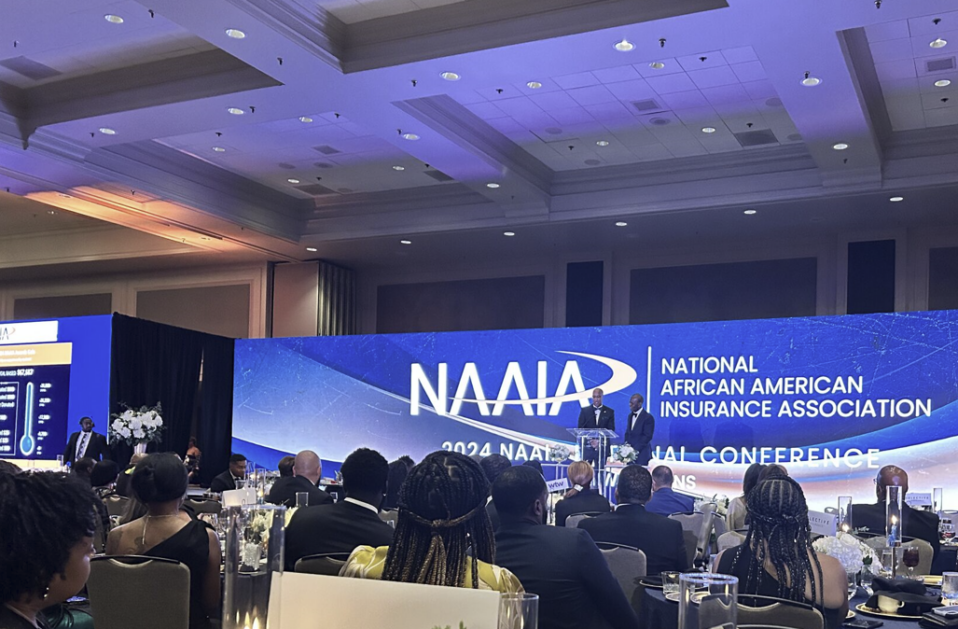Increasing career opportunities for students of color should bring together policy makers, non-government organizations, educational institutions, and individuals if the goal is to create inclusive and equitable workplaces, educational landscapes, and communities in America.
With equal access to quality education, students of color can secure a plethora of job opportunities. This is why districts and schools that serve students of color need adequate teaching personnel, facilities, and learning resources.
Additionally, these students can benefit from culturally responsive teaching where educators use the students’ experiences and cultural backgrounds to create an engaging, personalized, and inclusive learning environment.
The business programs in HBCUs and Black colleges teach students of color how to identify, create, and pursue opportunities in the fast-paced and ever-changing digital age. As such, students can become adaptable entrepreneurs who create jobs while meeting vital needs of the community.
Black students who pursue entrepreneurship in HBCUs and Black colleges also learn about risk assessment and management of available resources. Students in these learning institutions have the potential of being entrepreneurs who are valuable assets to the community, thanks to their ability to drive economic growth.
Unlike conventional institutions of higher learning, HBCUs and Black colleges create an ideal environment that fosters the success of black entrepreneurs in different ways like;
- Offering a Tailored Entrepreneurship Curriculum
These institutions use specialized coursework in entrepreneurship to help aspiring black entrepreneurs acquire knowledge and skills needed in business management, marketing, financing, and planning.
- Facilitating Community Engagement
HBCUs and Black colleges emphasize the importance of community engagement and service. Consequently, learners have the opportunity to interact and connect with local businesses, community leaders, and organizations. Through community engagement, students in HBCUs build relationships and gain practical experience while also understanding the needs and dynamics of different communities.
Access to capital is one of the main challenges black entrepreneurs encounter along their entrepreneurship journey. Organizations like The NAAIA Foundation are dedicated to empowering black entrepreneurs, students, and businesses by supporting local programs in local communities through funding non-profit organizations.
Students of color can attain their career goals, thanks to HBCUs, Black colleges, and The NAAIA Foundation–which are committed to helping African Americans struggling with achieving economic parity, equity, and diversity. Moreover, these institutions have excellent mentorship programs that enable students of color to connect and collaborate with successful professionals, who double up as role models.



Post a comment